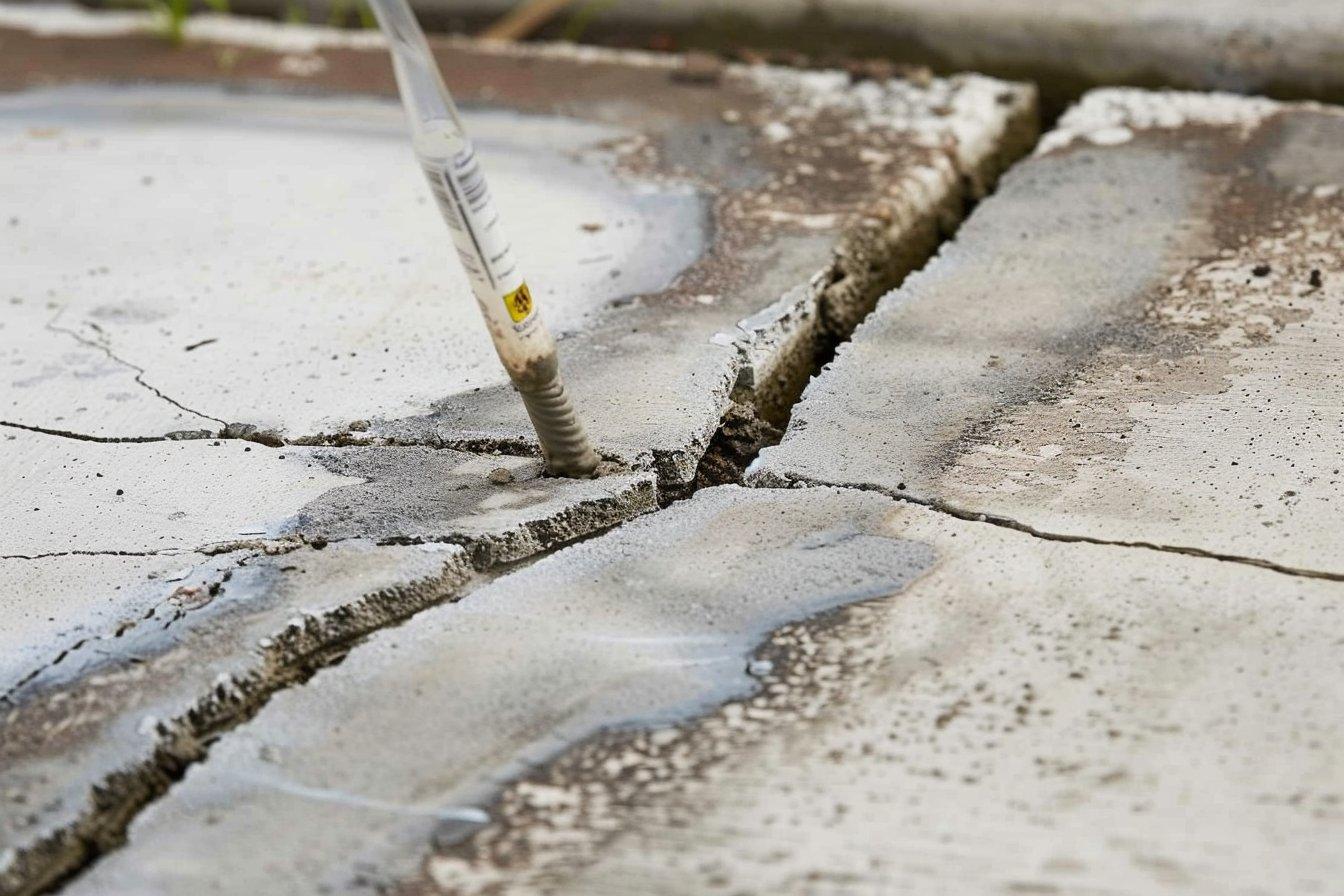Understanding Concrete Contractors and Their Services
Concrete slabs provide strong, level foundations for buildings, patios, and driveways. Their durability and thermal mass support stability in various climates. When properly reinforced and sealed, slabs resist cracking, moisture, and wear for long-term reliability.

What Are Concrete Contractors and Their Primary Services
Concrete contractors are specialized construction professionals who work exclusively with concrete materials and applications. They possess the technical knowledge, equipment, and experience necessary to handle various concrete projects from start to finish. These professionals manage every aspect of concrete work, including site assessment, preparation, mixing, pouring, finishing, and curing processes.
Most concrete contractors offer a comprehensive range of services including residential driveways, sidewalks, patios, garage floors, and basement foundations. Commercial services typically encompass parking lots, warehouse floors, building foundations, and decorative concrete installations. Many contractors also provide repair services for existing concrete structures, addressing issues like cracks, settling, or surface deterioration.
Concrete Slab Benefits for Property Owners
Concrete slabs offer numerous advantages that make them a preferred choice for both residential and commercial applications. Durability stands as the primary benefit, with properly installed concrete slabs lasting decades with minimal maintenance. These structures can withstand heavy loads, extreme weather conditions, and regular wear without significant deterioration.
Cost-effectiveness represents another significant advantage of concrete slabs. While initial installation costs may vary, the long-term value proposition remains strong due to minimal maintenance requirements and exceptional longevity. Concrete slabs also provide excellent thermal mass properties, helping to regulate temperature and potentially reducing energy costs in buildings.
The versatility of concrete allows for various finishes and decorative options, from simple smooth surfaces to stamped patterns and colored treatments. This flexibility enables property owners to achieve both functional and aesthetic goals within their budget constraints.
Comprehensive Concrete Slab Benefits Guide
When considering concrete slab installation, understanding the full spectrum of benefits helps in making informed decisions. Structural integrity ranks among the most important advantages, as concrete slabs provide stable, level surfaces that distribute weight evenly across the foundation.
Maintenance requirements for concrete slabs remain relatively low compared to other materials. Regular cleaning and occasional sealing typically suffice to maintain appearance and functionality. Unlike wood or other organic materials, concrete resists pest infestations, rot, and decay, eliminating many common maintenance concerns.
Environmental benefits include the use of locally sourced materials in many concrete mixtures, reducing transportation costs and environmental impact. Concrete’s reflective properties can also contribute to reduced urban heat island effects in larger installations.
Factors Affecting Concrete Slab Installation Costs
Several variables influence the overall cost of concrete slab projects. Project size represents the most significant factor, with larger installations typically offering better per-square-foot pricing due to economies of scale. Site conditions, including accessibility, soil composition, and required excavation, directly impact labor and material costs.
Concrete thickness requirements vary based on intended use, with residential applications typically requiring 4-6 inches while commercial or heavy-duty applications may need 6-8 inches or more. Reinforcement needs, such as rebar or wire mesh, add to material costs but provide essential structural support.
Finishing options significantly affect pricing, with basic broom finishes being most economical while decorative treatments like stamping, coloring, or polishing increase costs substantially.
| Service Type | Typical Cost Range | Key Features |
|---|---|---|
| Basic Residential Slab | $4-8 per sq ft | Standard thickness, basic finish |
| Decorative Concrete | $8-15 per sq ft | Stamped patterns, color options |
| Commercial Slab | $6-12 per sq ft | Heavy-duty specifications, reinforcement |
| Concrete Repairs | $3-10 per sq ft | Crack filling, surface restoration |
Prices, rates, or cost estimates mentioned in this article are based on the latest available information but may change over time. Independent research is advised before making financial decisions.
Selecting the Right Concrete Slab Approach
Choosing the appropriate concrete slab solution depends on specific project requirements and long-term goals. Residential applications typically prioritize cost-effectiveness and basic functionality, while commercial projects may require specialized performance characteristics.
Climate considerations play a crucial role in concrete slab design and installation. Areas with freeze-thaw cycles require specific concrete mixtures and installation techniques to prevent damage. Proper drainage planning prevents water accumulation and potential structural issues.
Timing considerations affect both cost and quality outcomes. Concrete work performs best in moderate temperatures, typically between 50-80 degrees Fahrenheit. Extreme weather conditions may require special additives or protective measures, increasing project costs.
Professional Installation vs DIY Considerations
While some property owners consider DIY concrete installation, professional contractors bring essential expertise and equipment to ensure successful outcomes. Proper site preparation, concrete mixing ratios, and finishing techniques require specialized knowledge and experience.
Professional contractors carry insurance and warranties that protect property owners from potential issues. They also have access to commercial-grade equipment and materials that may not be readily available to individual consumers.
The complexity of larger projects, permit requirements, and building code compliance often necessitate professional involvement. Licensed contractors understand local regulations and can ensure installations meet all applicable standards and requirements.
Concrete contractors provide valuable expertise and services that ensure durable, functional concrete installations. Understanding the benefits of concrete slabs, cost factors, and professional installation advantages helps property owners make informed decisions for their construction projects. Proper planning and professional execution result in concrete structures that provide decades of reliable service with minimal maintenance requirements.




